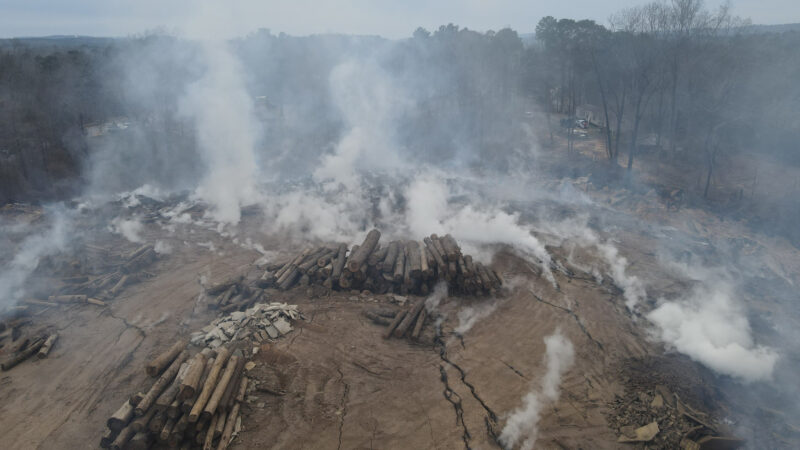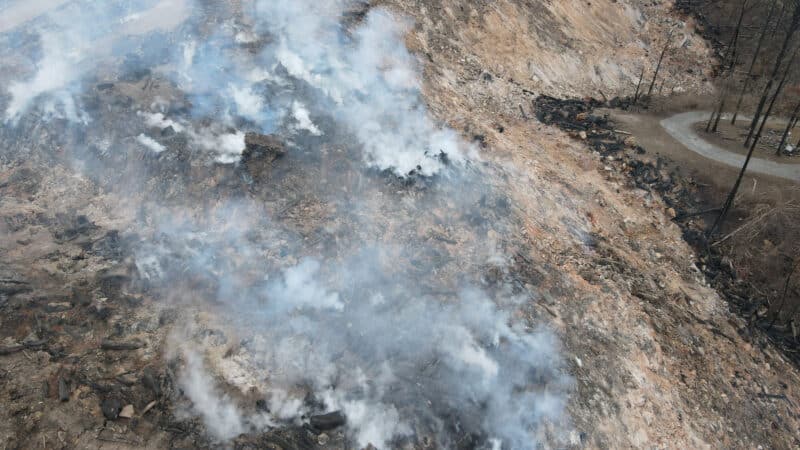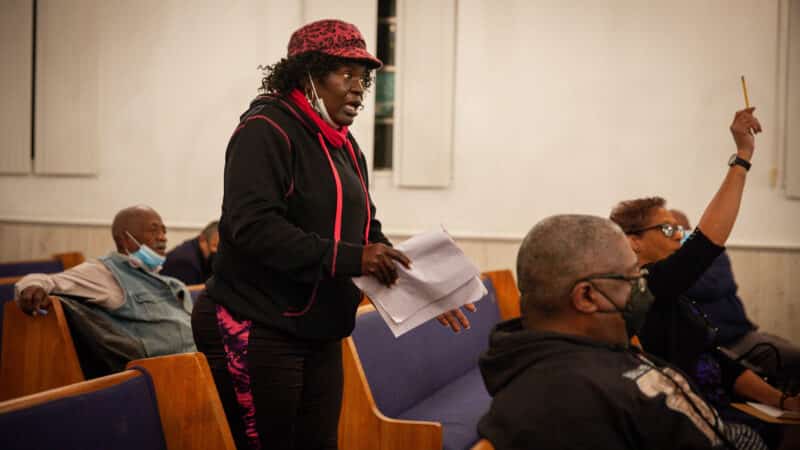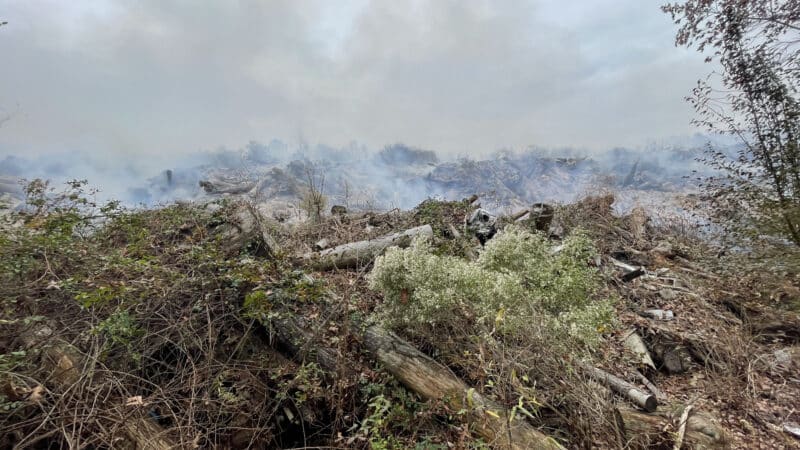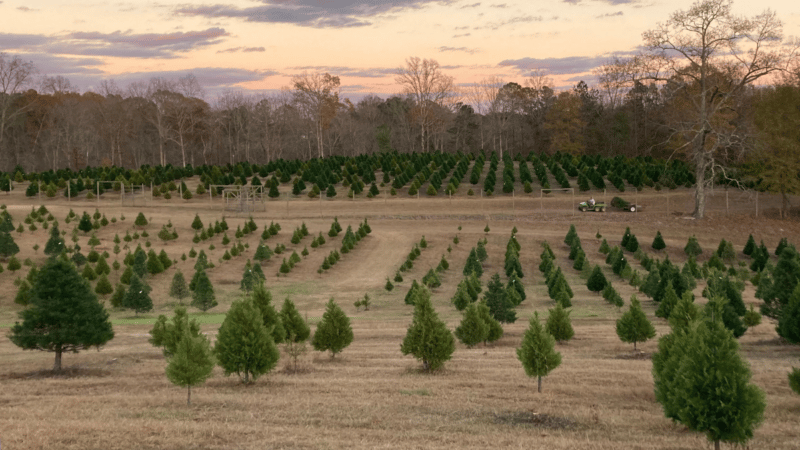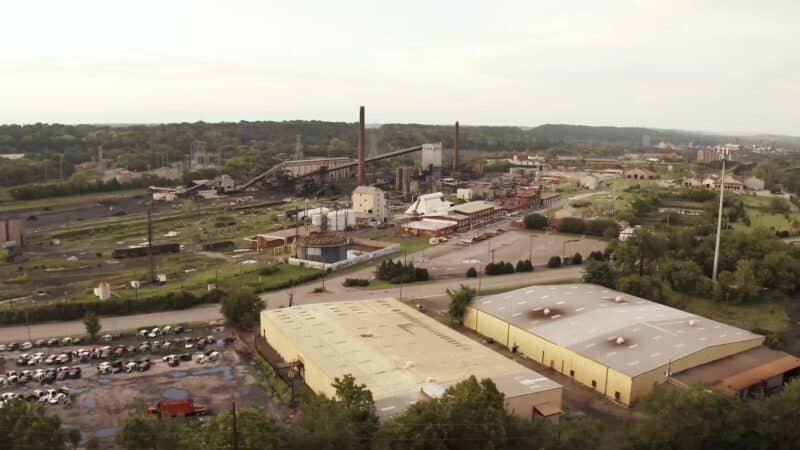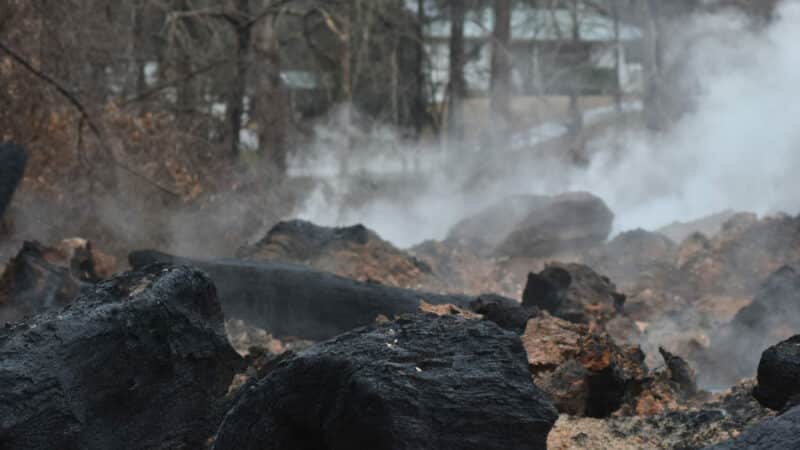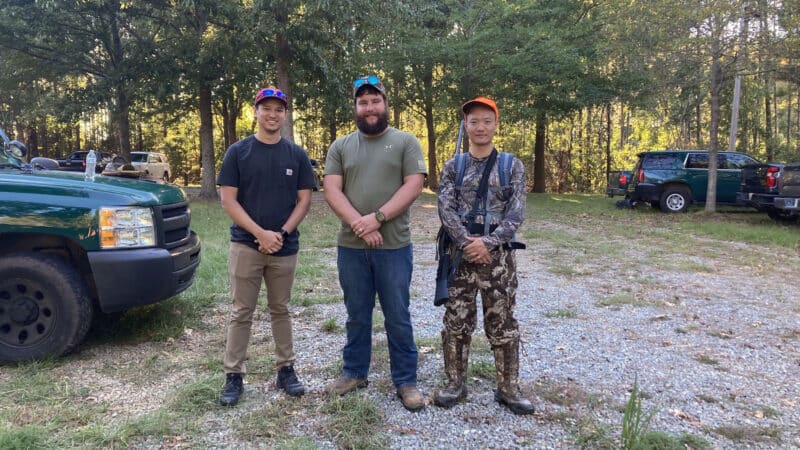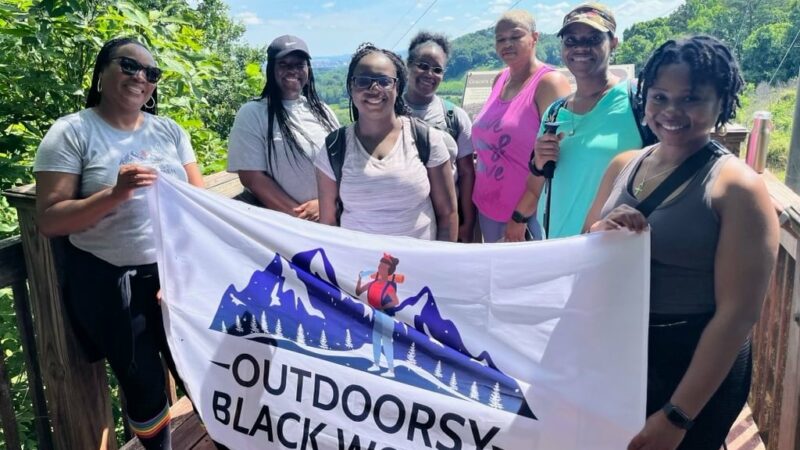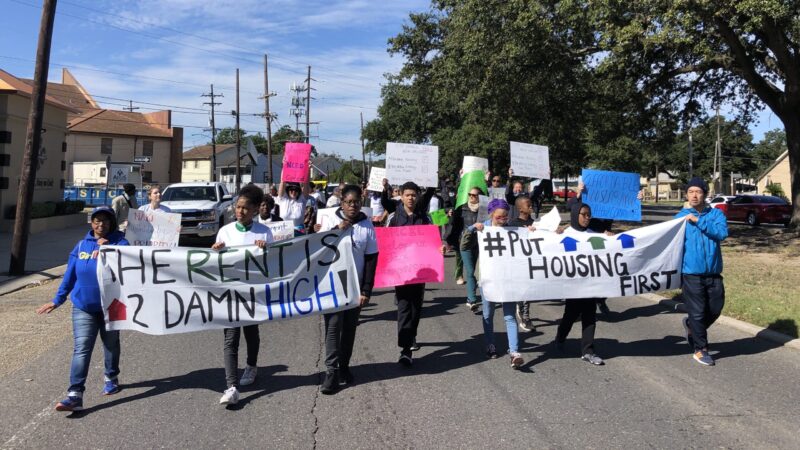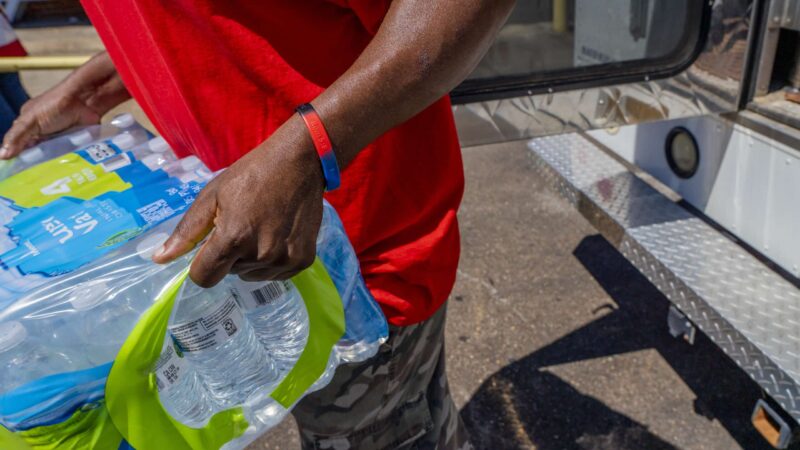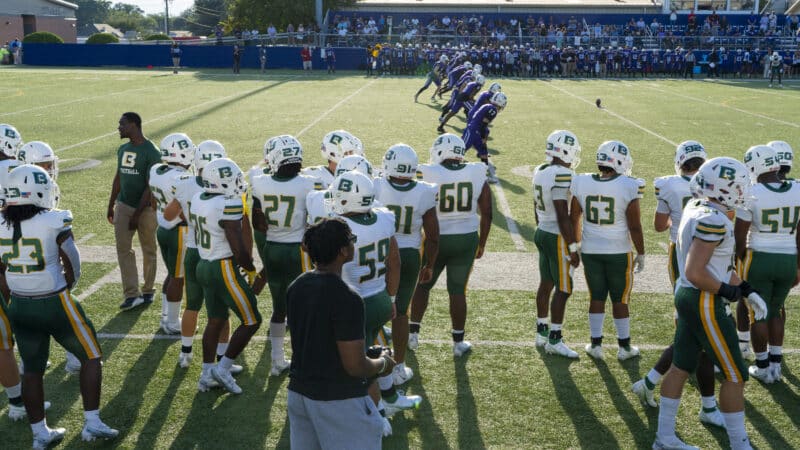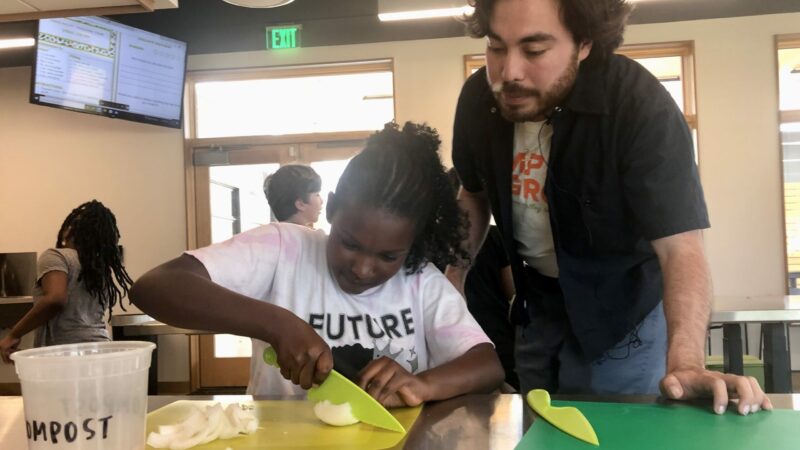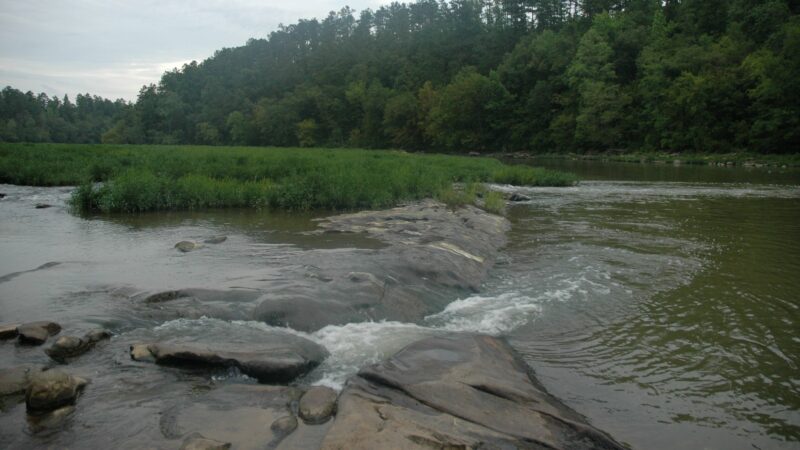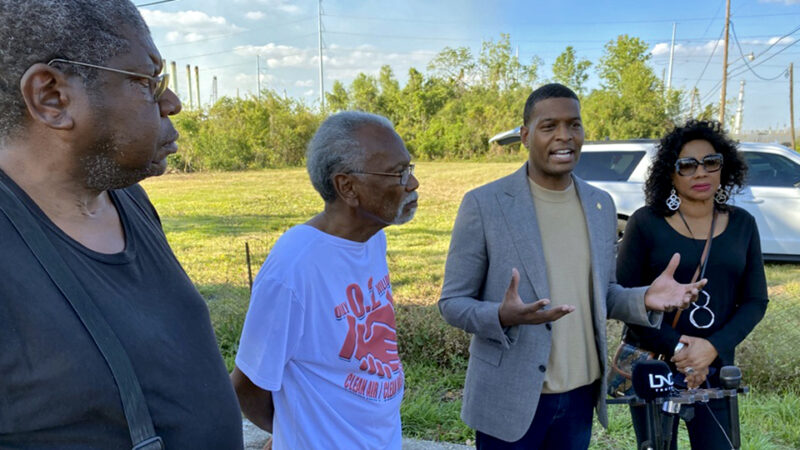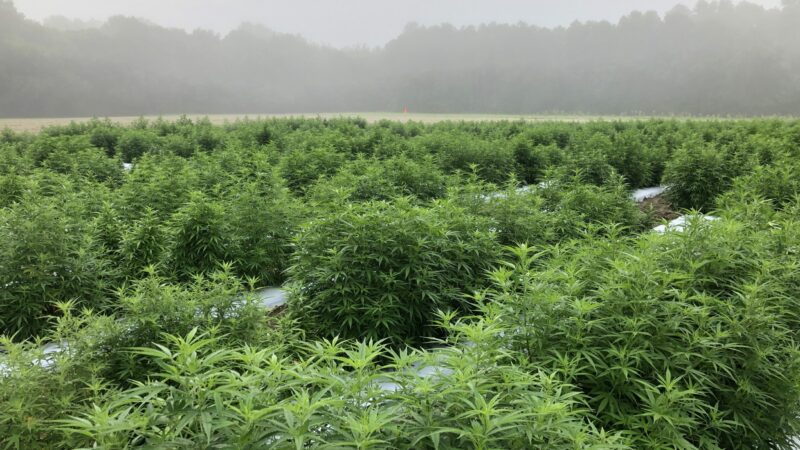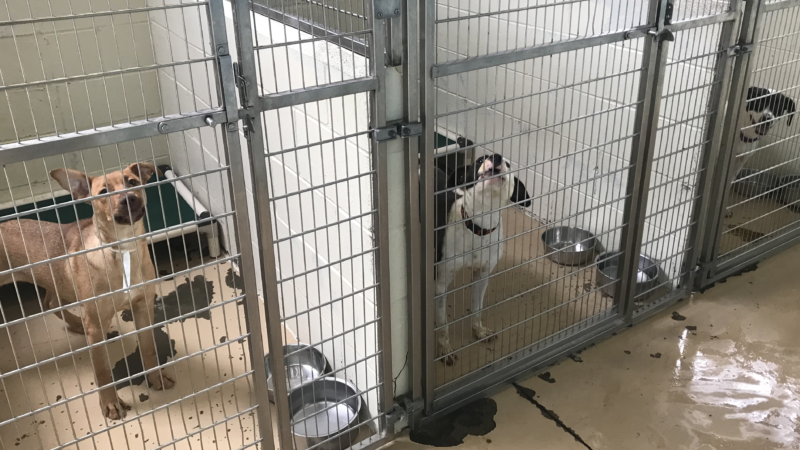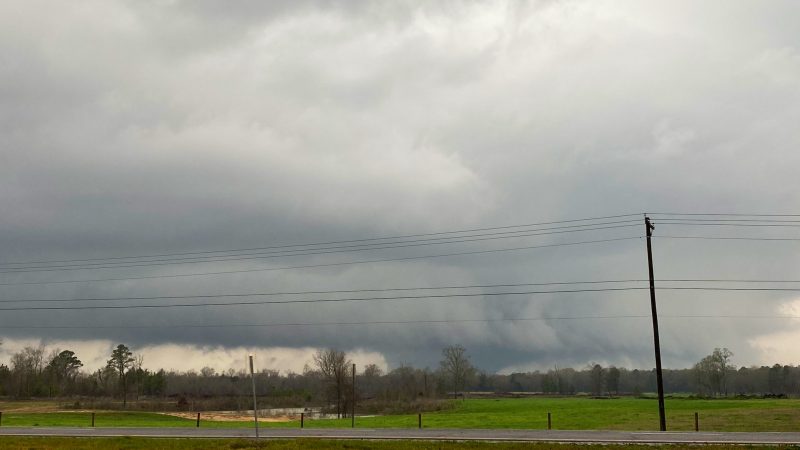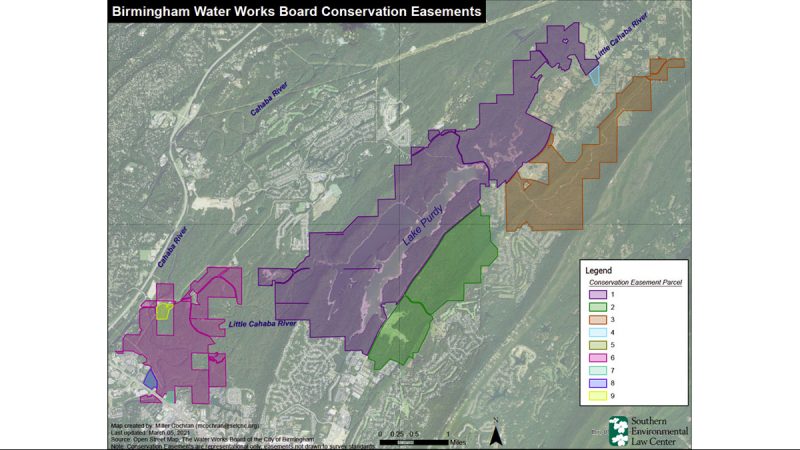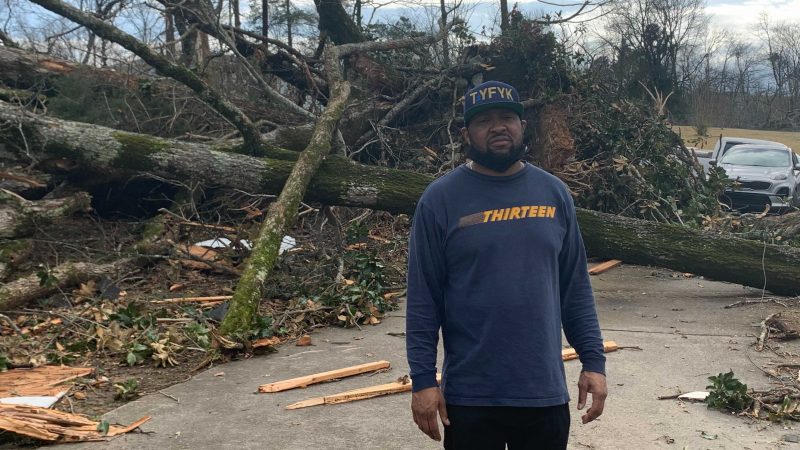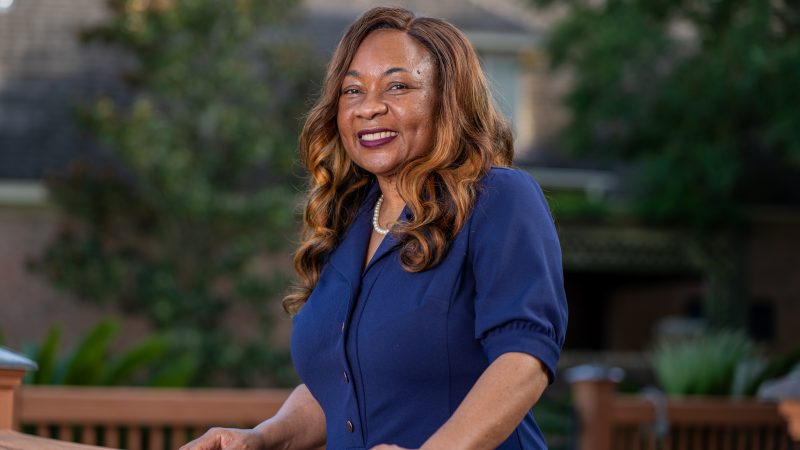Environment
Who would put out a landfill fire near Moody? That question consumed officials for weeks
A private landfill near Moody smoldered for almost two months, inundating residents miles around with noxious smoke, before the EPA stepped in.
This swampy paradise is Alabama’s winter haven for sandhill cranes
As many as 25,000 sandhill cranes migrate to Wheeler National Wildlife Refuge every winter, along with a handful of highly endangered whooping cranes.
Residents worry about unknown health impacts of toxic landfill fumes
Officials have advised people to stay inside, seek medical care if they feel sick and relocate if necessary, a response that frustrates many residents.
Presence of chemicals in landfill fire smoke catalyzes EPA to step in
The EPA is taking action to extinguish the fire after air sampling results showed carcinogenic chemicals in smoke from the site.
A Mississippi community is ‘grateful’ for more air testing, but skeptical of what comes next
A $500,000 EPA grant will make more air testing in Pascagoula’s Cherokee Forest community possible. Residents worry their voices will — again — not be heard.
Lawsuit filed over landfill fire near Moody seeks class action status
The complaint cites years of inspections and violations from the Alabama Department of Environmental Management showing that the agency had found unauthorized waste on the property.
In the fight for environmental justice, Birmingham tells Jackson to stay loud
Gulf States communities have been living in contaminated environments for years. Jackson and Birmingham residents share strategies that can help.
St. Clair County declares emergency in response to landfill fire
The declaration means the county can ask the state for funding and resources. But residents are left with unanswered questions about the fire's affect on the local air and water quality.
Officials see hurdles to putting out landfill fire near Moody as neighbors suffer
Residents near landfill fire say the smoke is affecting their health, but officials are still trying to figure out how to put out the blaze — and who will pay for it.
Landfill fire near Birmingham burns for more than a month
Smoke from the underground blaze has caused the air quality in the area to reach hazardous levels.
The story of Alabama’s favorite homegrown Christmas tree
The Leyland cypress is a holiday staple for Alabama farmers. But the non-native tree has a surprising history.
Santa brings in freezing temperatures for the holidays
After a cold blast of air Thursday night, temperatures will plummet to the teens. Birmingham National Weather Service meteorologist John De Block says it's been a while since it’s been this cold.
Wealthy Governor’s Company to Pay Nearly $1 Million for Chronic Air Pollution Violations
In the generations before Bluestone acquired the plant in 2019, people living in the area faced exposure to levels of contaminants in the air and soil that have ranked among the worst in the nation.
Underground landfill fire still contained; smoke could be worse for a few days
While rain would typically aid in fighting an above-ground fire, it likely can’t reach fire that is smoldering under the surface.
Fire department says landfill blaze that spread smoke more than 20 miles away is ‘contained’
The Moody Fire Department determined that a landfill fire that has been burning largely underground has been contained.
Alabama’s Hunting 101 workshops target newcomers — and conservation dollars
State leaders hope to reverse a decades-long decline in hunting participation rates and secure more funding for wildlife restoration.
Outdoorsy Black Women helps change the face of outdoor activities
Outdoorsy Black Women is a national organization with more than 3,000 members across the country. The Birmingham chapter began in early 2022 and it already has 160 members.
Gulf States rank at the bottom for climate-adapted housing. Organizers want to change that.
As natural disasters and extreme weather become more frequent in the Gulf South, a new report hopes to be a road map to providing more climate-adapted housing.
In Jackson, Miss., volunteers work hard to bring water to residents who need help
Local nonprofits have been delivering water directly to some residents, but the groups are still working on scaling up to dealing with a problem that stretches across the city.
In Jackson, Miss., football goes on despite the water crisis
Football is a way of life in Jackson, Mississippi. So are boil water notices. The latest water crisis has not stopped fans from filling the stands to support a local college team.
The Tragedy of North Birmingham
Industrial plants in Birmingham have polluted the air and land in its historic Black communities for over a century. In an epicenter of environmental injustice, officials continue to fail to right the wrongs plaguing the city’s north side.
Food is more than what’s on the plate for this Birmingham urban farmer
Fernando Colunga says it’s important to understand how food is grown and the culture it comes from. He’s a farming and cooking instructor at Jones Valley Teaching Farm in Birmingham and is passionate about teaching the significance of food to young people.
Alabama Supreme Court backs move to protect land around water source
The Alabama Supreme Court has sided with environmentalists who say the Birmingham Water Works Board is not abiding by a court order to protect land around Lake Purdy and parts of the Cahaba River.
Deep South’s most vulnerable residents share their stories during EPA’s ‘Journey to Justice’ tour
Black residents of Southeast Louisiana, dedicated to fighting air and soil pollution in their own neighborhoods and towns met with EPA Administrator Michael Regan on his “Journey to Justice,” listening tour, sharing their stories and frustrations.
‘Nimblewill Nomad,’ 83-year-old Alabama man, is the oldest to hike the Appalachian Trail
An Alabama man has set a new record by being the oldest person to hike the Appalachian Trail.
Alabama wants to speed up medical marijuana growing. Will it be helpful or cause more problems?
With medical marijuana now legal in Alabama, some farmers are eager to get plants in the ground, but licenses to grow marijuana won’t be available until September 2022. The Alabama Medical Cannabis Commission wants to move up licensing so farmers can plant seeds earlier.
Animal Shelters In The Gulf South Are Literally Overflowing With Animals
With staffing shortages and high intake, shelters in Alabama, Mississippi, and Louisiana are overwhelmed with the number of animals they have.
Severe Storms Barrel Through Alabama
Impacts of the storm system could be severe.
Environmental Groups Say Water Board Isn’t Effectively Protecting Drinking Water Supply
A new lawsuit against the Birmingham Water Works Board claims it failed to comply with a 2001 consent decree that protects land around the Cahaba River watershed, a major source of Birmingham’s drinking water.
Devastated Fultondale Residents Hope To Bounce Back
Clean up continues after a strong tornado devastated parts of Fultondale Monday night. Residents are, once again, coming together to pick up the pieces.
‘Life Raft’ Explores Climate Change In The Gulf Region
Life Raft is a new podcast answering questions about climate change and relieving some of the stress that comes along with all of it.
The ‘Dirty Secret’ Of Wastewater Failures in Lowndes County
Activist Catherine Coleman Flowers describes her fight for environmental justice in her hometown in a new memoir.

